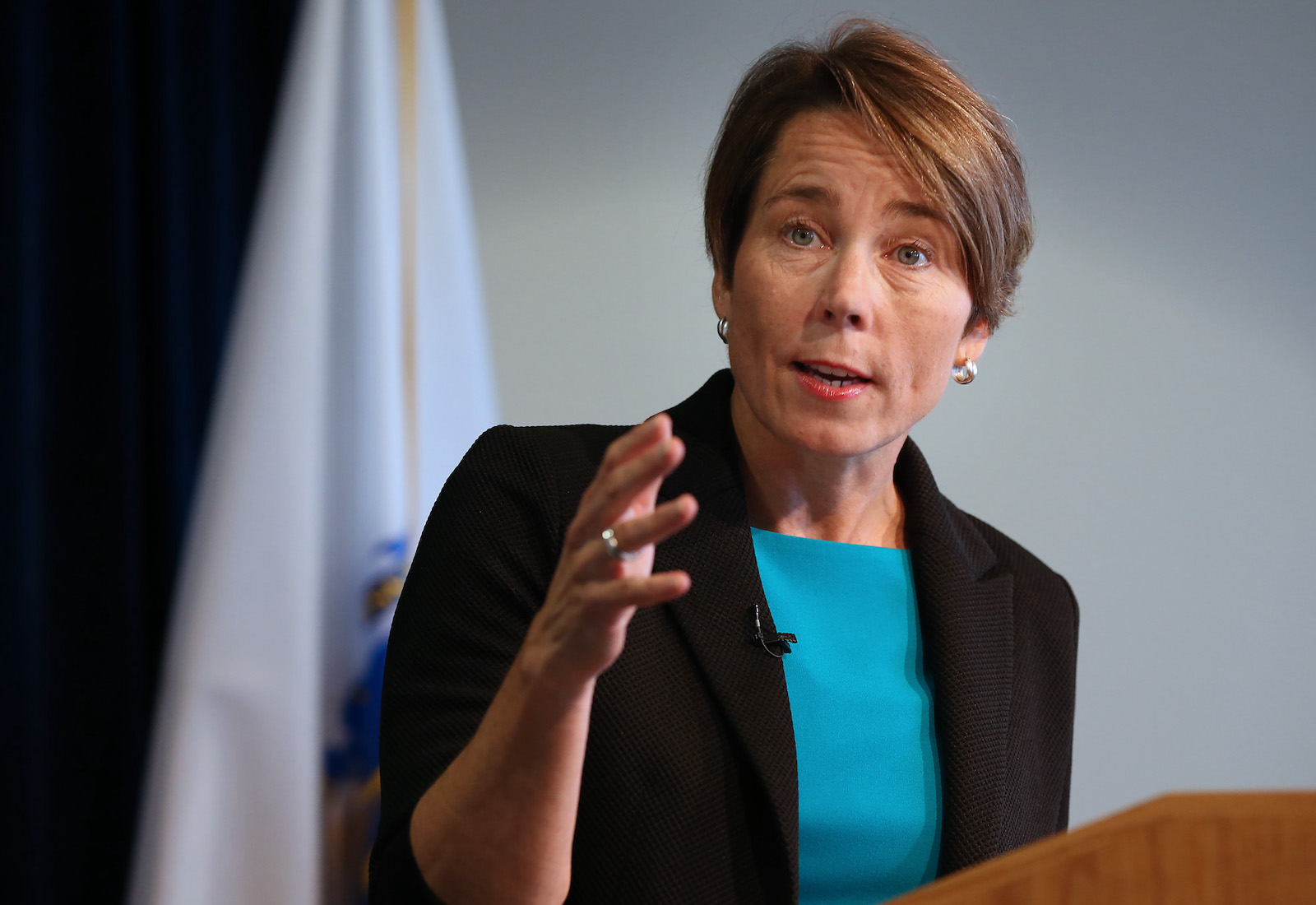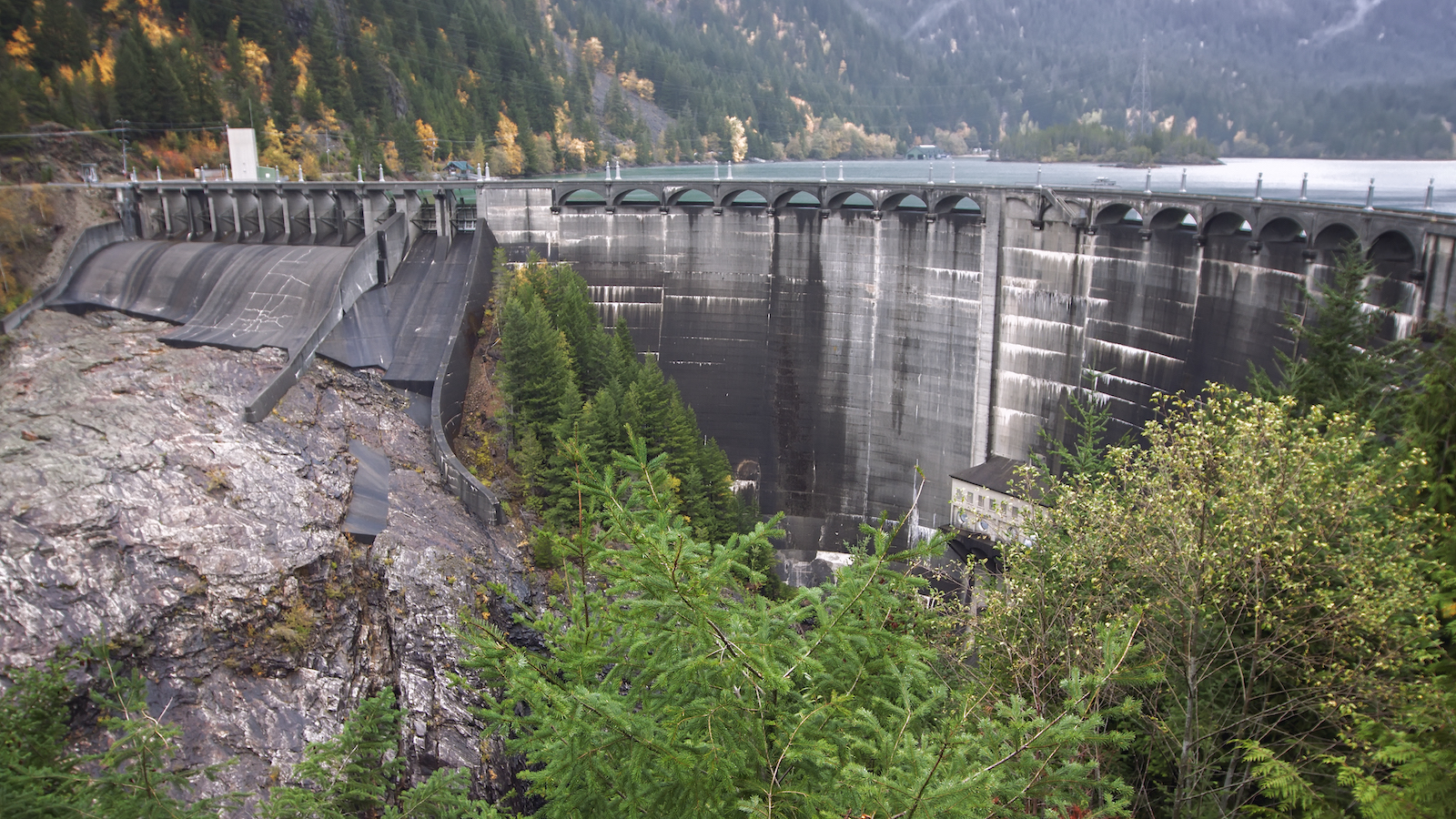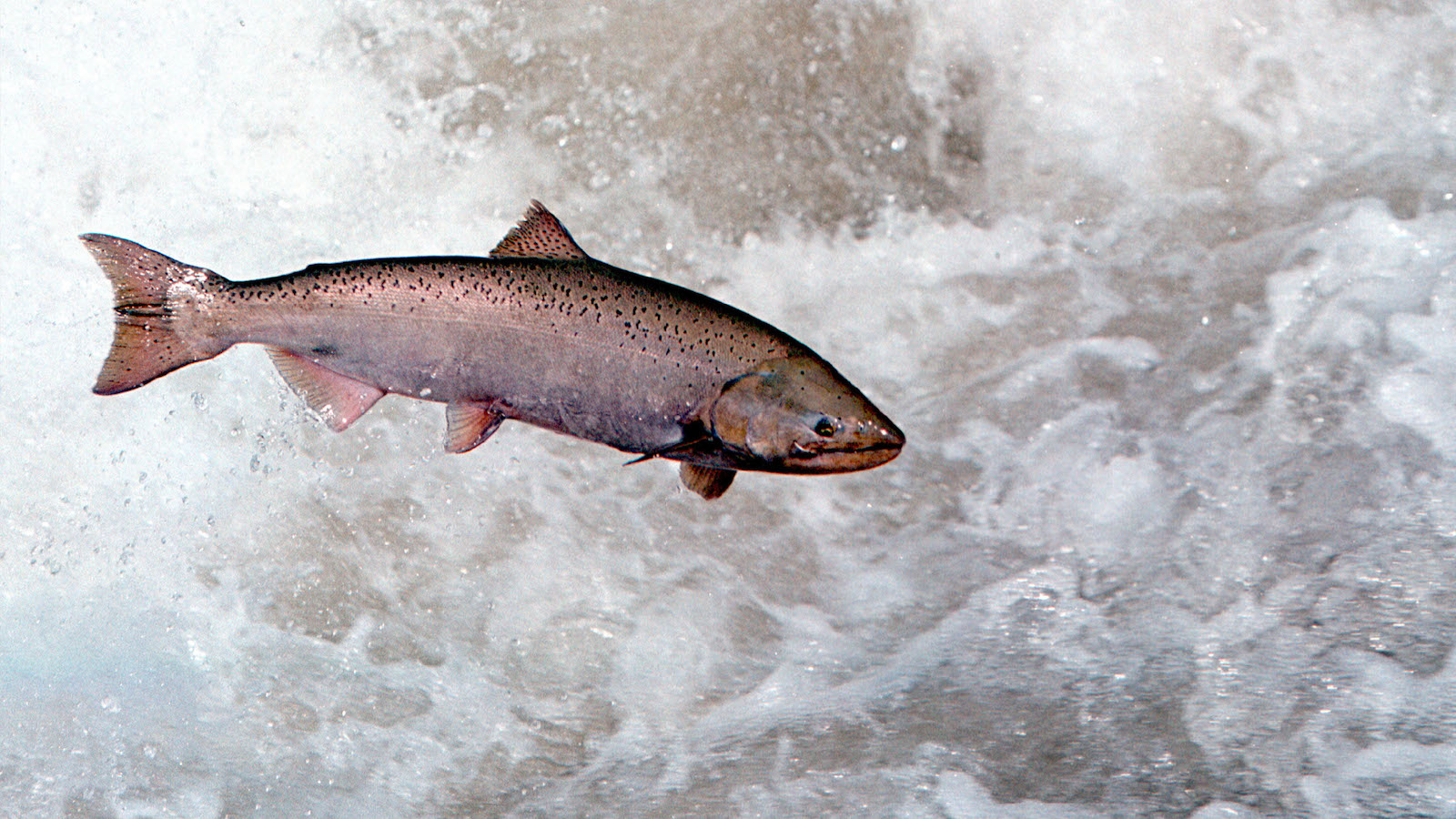Last month, the Sauk-Suiattle Indian Tribe sued Seattle City Light, which calls itself the “nation’s greenest utility,” claiming that the public electric utility’s environmental claims were untruthful. Despite generating 80 percent of its electricity is from hydropower — which produces no direct greenhouse gas emissions — the utility’s hydroelectric dams on the Skagit River are harming fish populations, according to the lawsuit.
“They are greenwashing, and they’re deceiving the public,” said Nino Maltos, chair of the Sauk-Suiattle tribe. “Their dams are killing off the fish that we rely on.”
The tribe’s lawsuit follows a slew of other legal actions from consumers, advocacy groups, and states over alleged greenwashing — “a tidal wave” of cases, according to Zorka Milin, senior legal counsel for the international nonprofit Global Witness. Such cases tend to invoke a combination of state-level tort and consumer protection laws, which together can link deceptive advertising to financial, physical, or emotional harm. While the jury is still out on how successful these lawsuits can be, legal experts are hopeful that they can play a role in holding corporations accountable for discrepancies between their advertising and their business models.
Most greenwashing lawsuits currently playing out in the court system involve fossil fuel companies. One of the first of these was kicked off by Massachusetts Attorney General Maura Healey, whose 2016 investigation into ExxonMobil led to a lawsuit in 2019. In the lawsuit, Healey claimed that Exxon’s advertisements “mislead Massachusetts consumers by falsely representing that ExxonMobil is a leader in developing clean energies.” Between 2010 and 2018, just 0.2 percent of the company’s capital expenditure went to clean energy, according to the nonprofit law firm ClientEarth.

Other greenwashing-related consumer protection lawsuits have been filed in states including Vermont, Minnesota, Connecticut, and Delaware, and cities and counties including Marin County, California; Baltimore, Maryland; King County, Washington; and Washington, D.C.
Several of the lawsuits resemble the Massachusetts one — the Vermont and Connecticut suits, both filed in the past year or so, also seek financial compensation from ExxonMobil, which the states’ attorneys general say misled the public about the climate risks of its products. Washington, D.C.’s attorney general went further, invoking similar violations of consumer protection law but expanding his suit to target ExxonMobil, Shell, BP, and Chevron. Other greenwashing cases have targeted companies outside the oil and gas sector, like a December 2020 lawsuit that Greenpeace brought against Walmart, arguing that its recycling labels were misleading; the labels were on virtually everything, despite the fact that many of its plastic products could not be recycled in most California communities. That suit was dismissed last month.
It’s still too early to know whether the majority of these cases will see victory, but it’s clear that their targets are willing to go to great lengths to delay them. According to Karen Sokol, an associate professor at the Loyola University College of Law, defendants often appeal their cases to a federal court, claiming that the state claims are “federal claims in disguise.”
“It’s a very specious argument,” Sokol said, likely designed to help defendants avoid states’ strong consumer protection laws and forestall cases’ progress; the jurisdictional battle that ensues can cause months or even years of delay. This is what happened in Minnesota, for example, where the state attorney general’s June 2020 lawsuit against groups including the American Petroleum Institute was removed to a federal district court in July 2020. In March 2021, the district court kicked the suit back to the state court, but the fossil fuel industry again appealed — this time to the federal Eighth Circuit Court — demanding that the case be evaluated in a federal jurisdiction. In August, 17 state attorneys general filed an amicus brief urging the Eighth Circuit to allow the case to move forward in state court, “where it belongs,” as California’s attorney general put it.
Although frustrating, Sokol said that the frequent use of delaying tactics actually reveals how promising the greenwashing cases are. “The way that the industry is fighting them — rather than just saying, ‘Let’s go, let’s have the trial and see if you win’ — speaks volumes about how powerful these cases will be if they’re allowed to have their day in court,” she said.

For the Sauk-Suiattle, these concerns are front-of-mind. Their current lawsuit, which demands an injunction restraining Seattle City Light from promoting itself as a green utility until it installs fish passages — systems that allow fish to travel upstream past barriers like a dam — on the river’s three hydroelectric dams, is actually the second time the tribe has taken legal action against Seattle City Light. The first time, in June 2021, the tribe claimed that Seattle City Light’s failure to install fish passages violated the state constitution and congressional acts. In response, the city of Seattle — of which Seattle City Light is an agency — had the case removed to a U.S. District Court, where it is still pending.
Maltos called the maneuver “dirty.” “We don’t have time to draw this out for years,” he said.
The tribe’s legal counsel, Jack Fiander, doesn’t think that is a risk for the greenwashing case, since it is entirely based on a violation of the Washington State Consumer Protection Act. Plus, this time around there is a very simple fix: If Seattle City Light really doesn’t want to install fish passages, he said, the utility could simply “stop signaling their virtues as environmental stewards,” in part by changing its slogan and removing the mention of fish-friendly practices from its website.
Julie Moore, a Seattle City Light spokesperson, declined to comment on the pending litigation but noted that the Skagit hydroelectric projects are operating under a license that stakeholders including the Sauk-Suiattle agreed to in 1995, and that it is willing to consider fish passages as part of an ongoing federal relicensing process for the dams, which is set to conclude in 2023. Moore also noted that the utility was recognized in 2017 by the Low Impact Hydropower Institute, a nonprofit certification organization, as having “Green Power.” (The Sauk-Suiattle’s complaint also takes issue with this certification.)
Unlike many of the previously mentioned greenwashing lawsuits, which have focused on fossil fuel’s contribution to climate change, the Sauk-Suiattle case uses a more expansive definition of greenwashing. It raises broader environmental justice considerations — the destruction of fish habitat, in this case, and its impact on tribal communities.
“The Sauk-Suiattle have treaty rights to harvest the salmon,” Fiander said. “Seattle tends to hold itself out to the rest of the nation as the Emerald City, very progressive and environmentally friendly. But for those of us here, situated on the river, we want to say that’s not true.”



